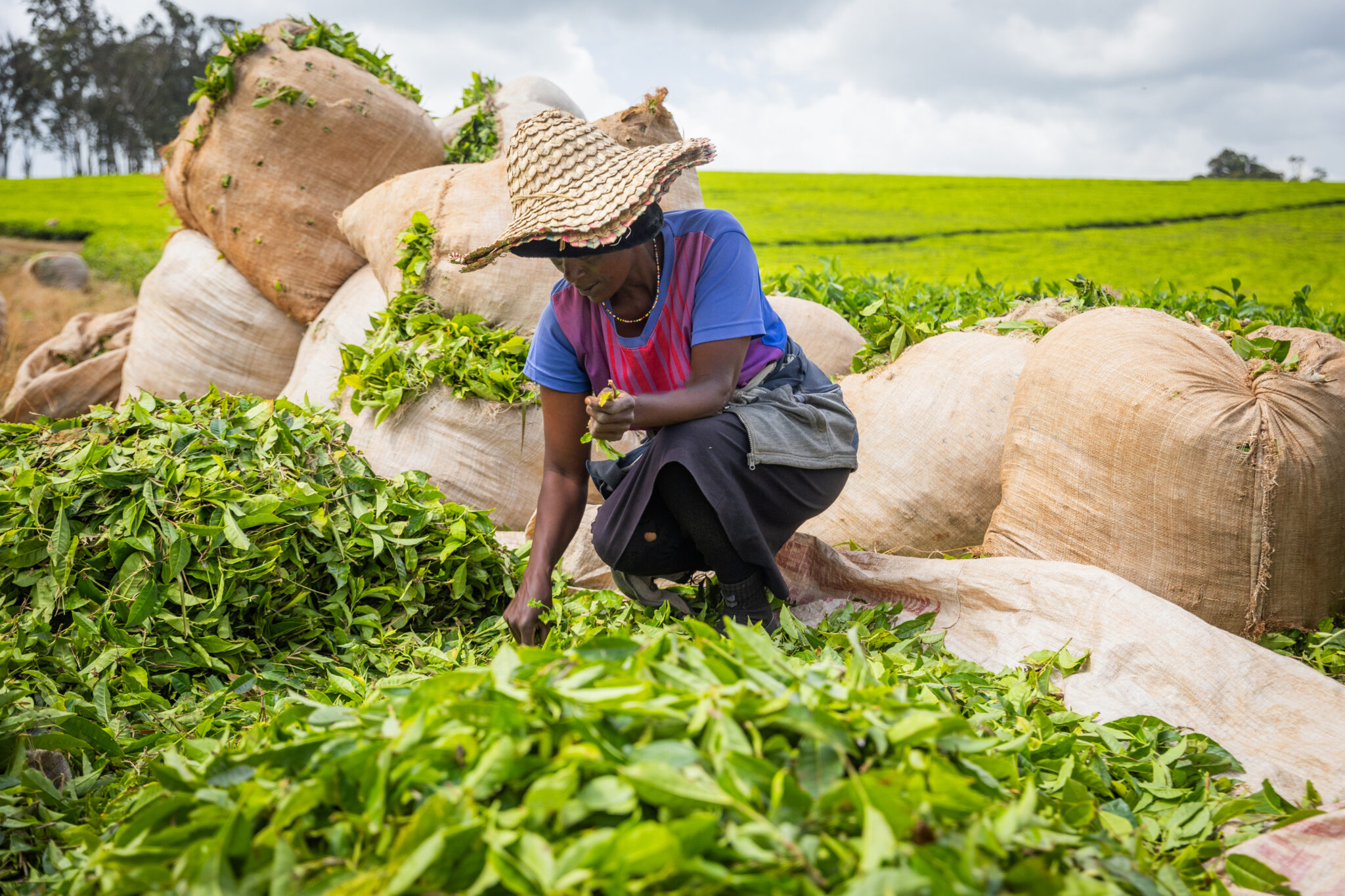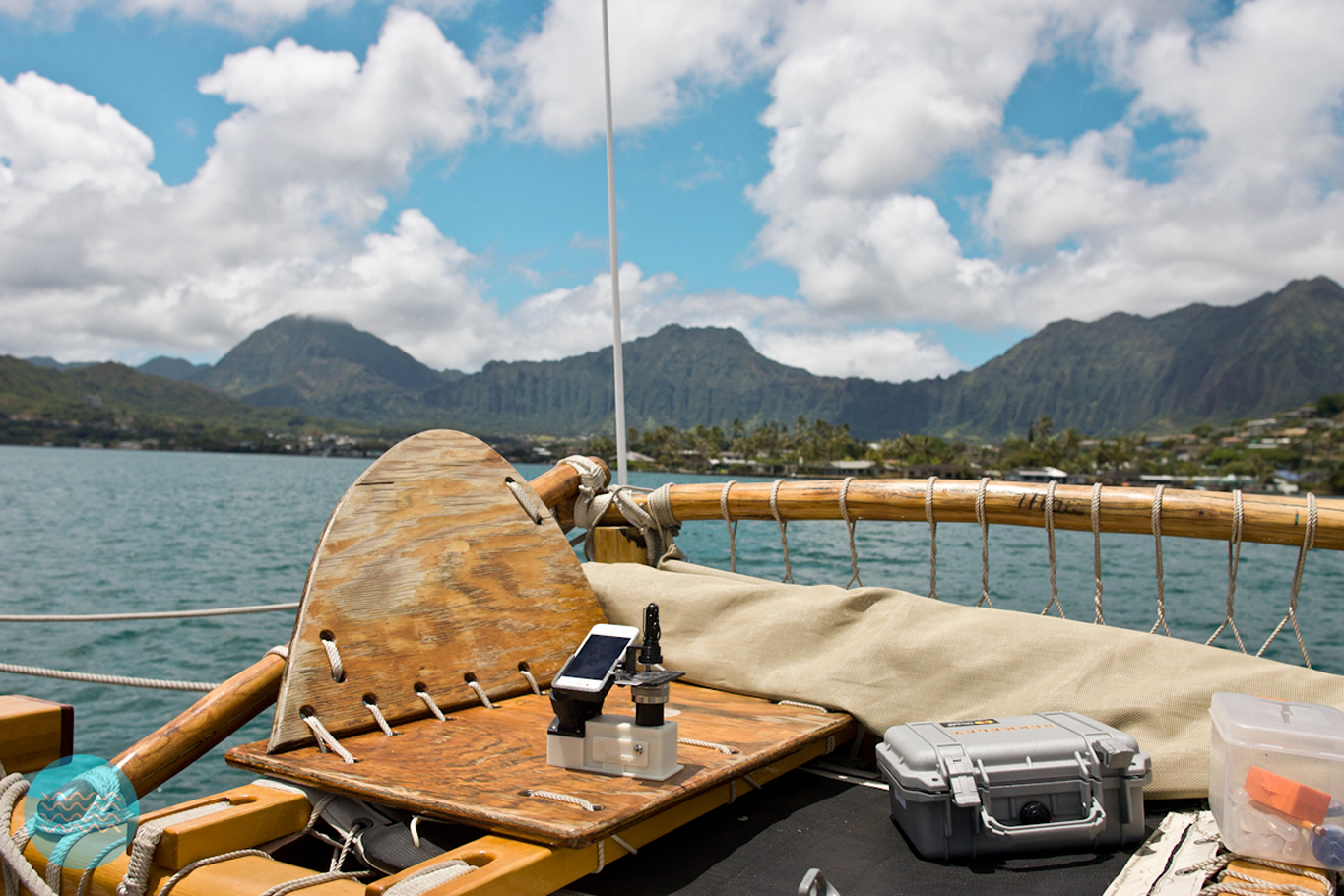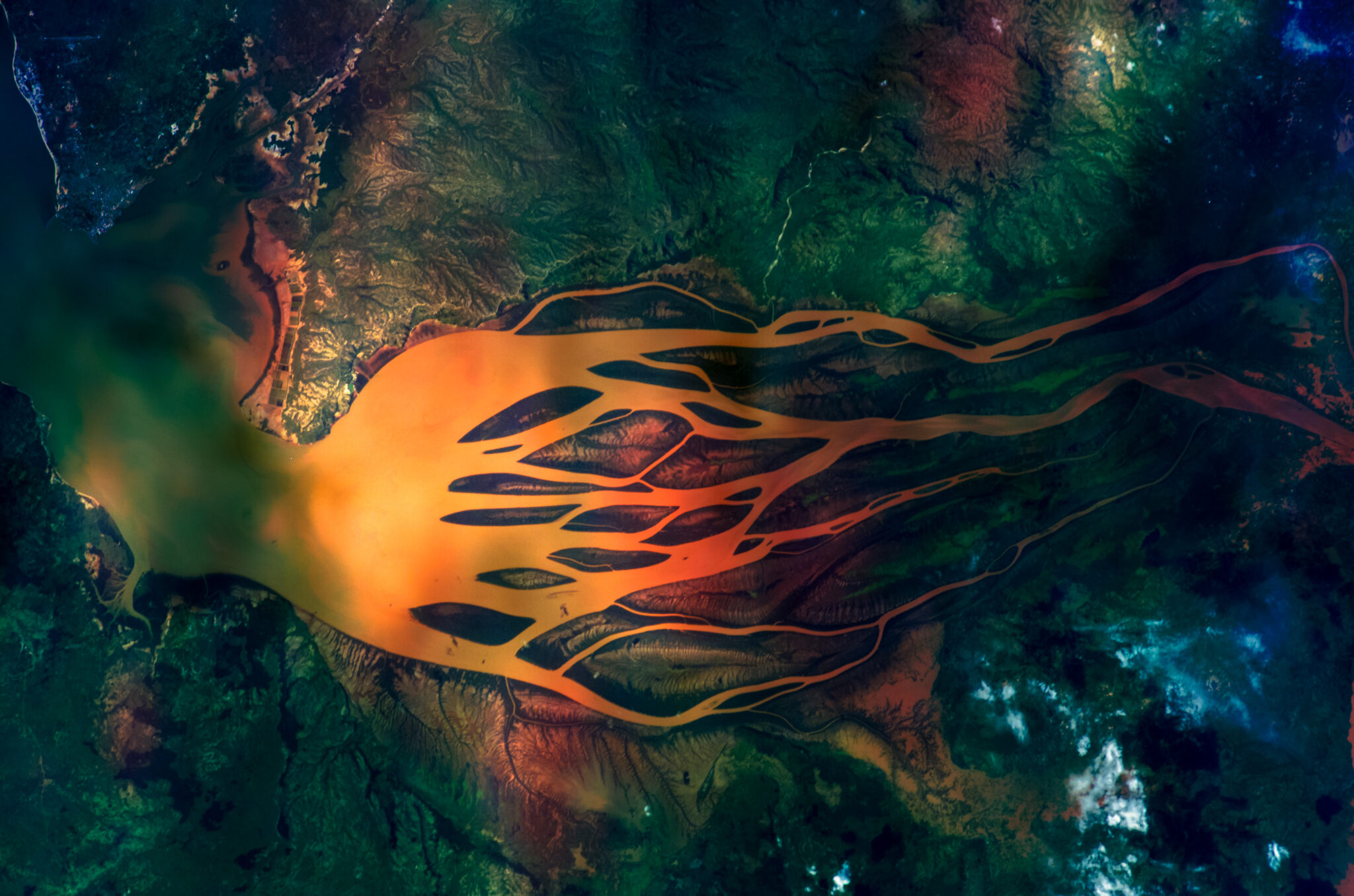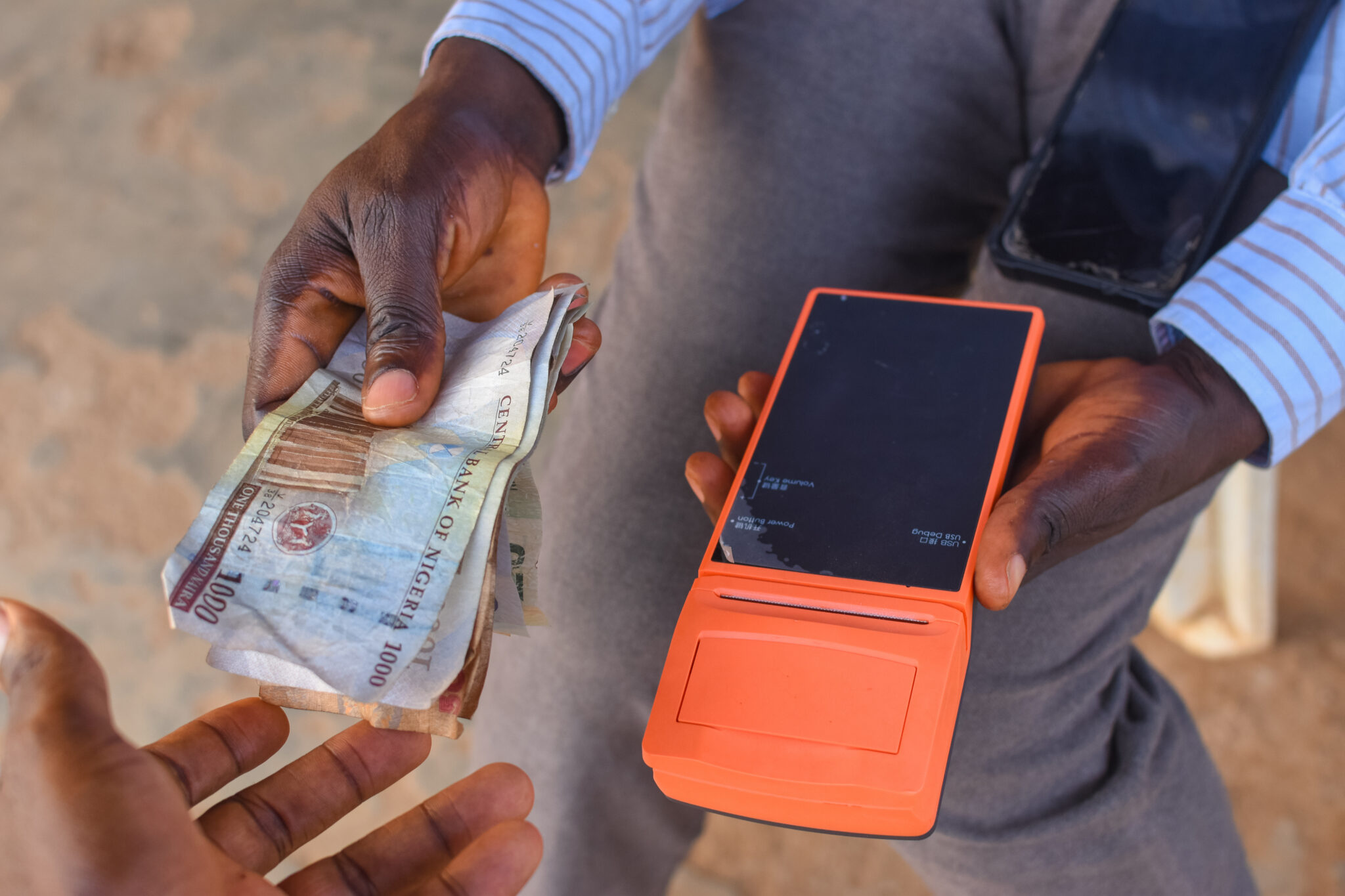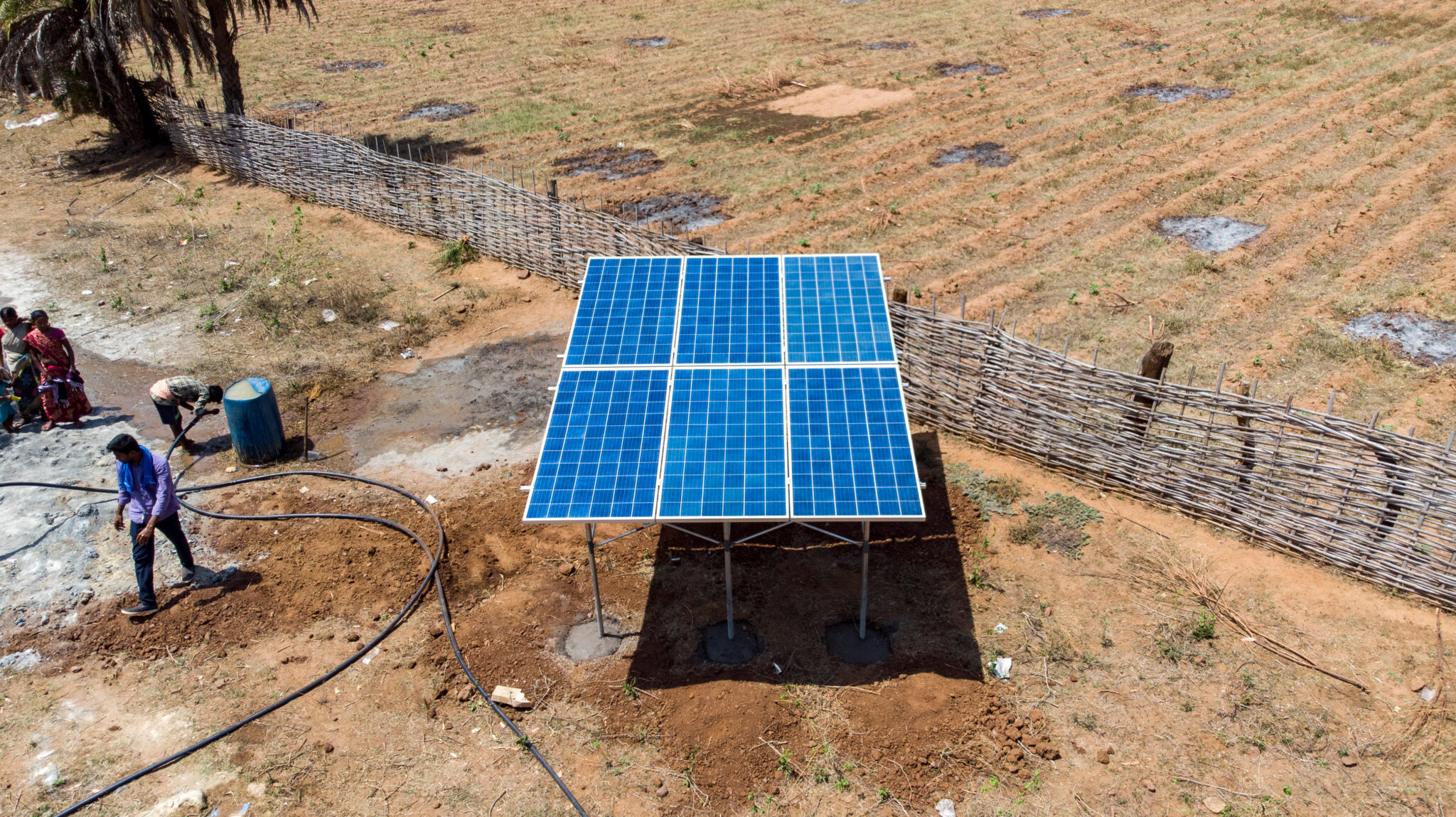Development Impact Lab
Motivation
The Development Impact Lab (DIL) is a global consortium of research institutes, non-governmental organizations (NGOs), and industry partners committed to advancing international development through science and technology innovations.
With the support of U.S. Agency for International Development (USAID) and in collaboration with the U.S. Global Development Lab, DIL is formalizing the application of academic science and engineering disciplines to social and economic development. This approach is embodied in a new field called Development Engineering. This system of inquiry and practice combines engineering and the natural sciences with insights from economics and the social sciences to generate sustainable, technology-based solutions to development challenges. DIL is co-managed by CEGA and the Blum Center for Developing Economies at UC Berkeley, and funds rigorous development and impact evaluations of technologies for the problems of poverty.
Activities
Over its five-year core award, DIL’s approach leveraged the innovative capacity of world-class universities by competitively funding innovative research projects that couple technological advances with novel economic and behavioral interventions. To date, DIL has supported more than 100 research projects in more than 35 countries. These solutions are designed with scale in mind and rigorously evaluated in the real world. By designing and iterating around evidence on incentives, willingness to pay, and economic barriers, new products and interventions will achieve better impact and sustainability. Ultimately, proven solutions are transitioned to partners outside of the university—governments, non-profit organizations, for-profit organizations, and/or social enterprises—for scale-up and dissemination.
To formalize this approach, DIL has established a new field called Development Engineering (DevEng), which helps to train the next generation of development innovators to more effectively create, evaluate, and scale solutions for the complex challenges associated with poverty. DIL has begun institutionalizing this new field by launching new curriculum, a PhD designated emphasis, a new open source textbook, “Introduction to Development Engineering,” and the new journal Development Engineering: The Journal of Engineering in Economic Development. By supporting events and this new field, CEGA and its partners have established a new academic infrastructure that measures and optimizes the impact of technological change in the developing world.
LEARN MORE ABOUT DIL
